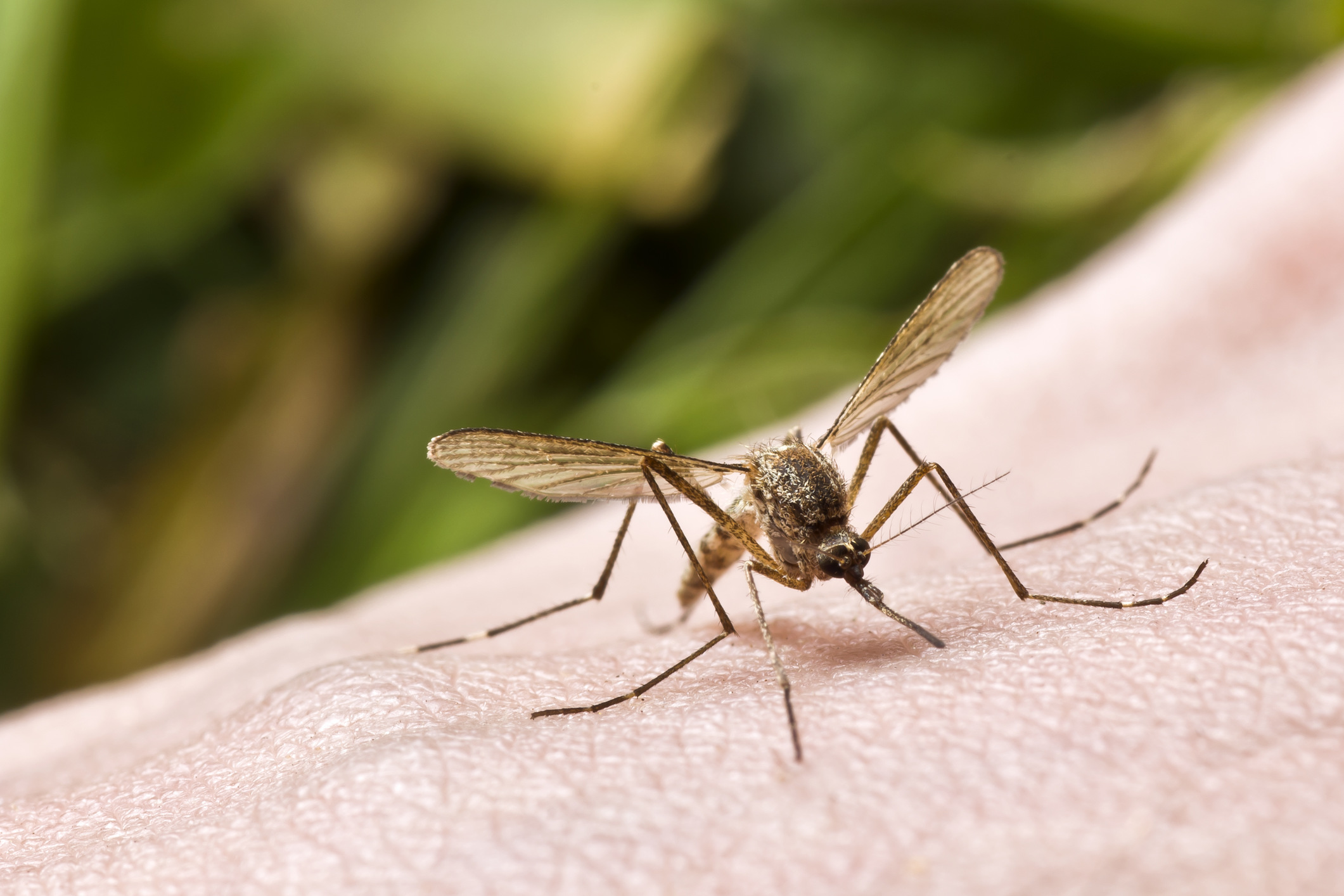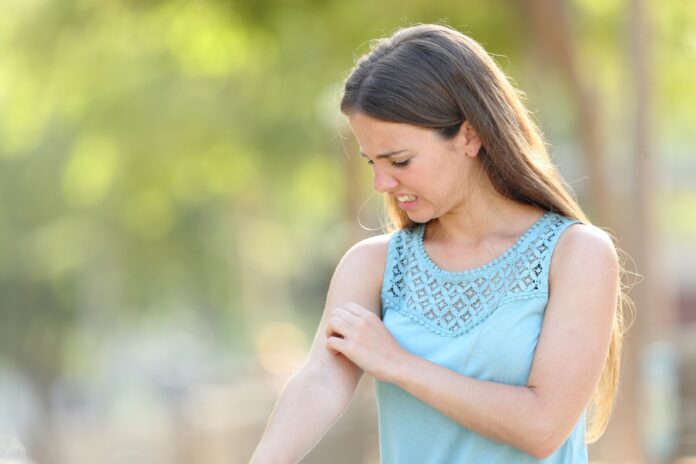Sunshine Coast residents are being reminded to protect themselves from mosquito bites after recent rainfall and detections of a serious virus in Queensland.
Sunshine Coast Health’s Public Health Physician Dr Nicholas Smoll said while the risk of Japanese Encephalitis virus (JEV) in the region was low, locals should be vigilant in light of the state’s recent cases and detections in mosquitoes in Brisbane.
“Typically, JEV’s transmitted through what we know as a culex type of mosquito, which we have in our region and therefore it’s important that while we haven’t had any cases, that we remain vigilant,” he said.
JEV is spread through bites from mosquitoes that have caught the virus from biting infected pigs or wading birds.
“Fortunately, on the Sunshine Coast we don’t have a lot of amplifying hosts,” Dr Smoll said.
“We don’t have a lot of pigs. Waterbirds remain a risk but compared to other areas in Queensland we would be on the lower spectrum of risk.”

Want more free local news? Follow Sunshine Coast News on Facebook, LinkedIn and Instagram, and sign up for our FREE daily news email.
The virus does not spread between people and cannot be acquired by eating meat from an infected animal.
Dr Smoll said 99 per cent of cases cause mild to moderate disease, but when it becomes severe it can be very dangerous.
“It’s renown for encephalitis, which is an inflammation of the brain, which can cause things like seizure and long term deficits,” he said.
“Typically though, it causes an illness that is characterised by a fever, lethargy, muscle aches and pains, similar to other viruses, and sometimes can cause prolonged effects.”
Dr Smoll said the community should be proactive about mosquito bite prevention.
“Bite avoidance also helps keep you safe from other more common mosquito borne illnesses in our region, such as Ross River Virus and Barmah Forest,” he said.
So far this year, there have been seven cases of Barmah Forest virus and eight cases of Ross River virus recorded on the Sunshine Coast.

Dr Smoll urged residents across the region to use mosquito safe measures such as wearing DEET repellent, wearing long sleeves and long pants, using mosquito coils and fly screens.
“Also avoid dawn and dusk outside the house, which is when mosquitoes typically bite the most,” he said.
He said it’s also important after recent rainfall to empty stagnant water that may have pooled in items like pot plants, as it creates a fertile breeding ground for mosquitoes.





